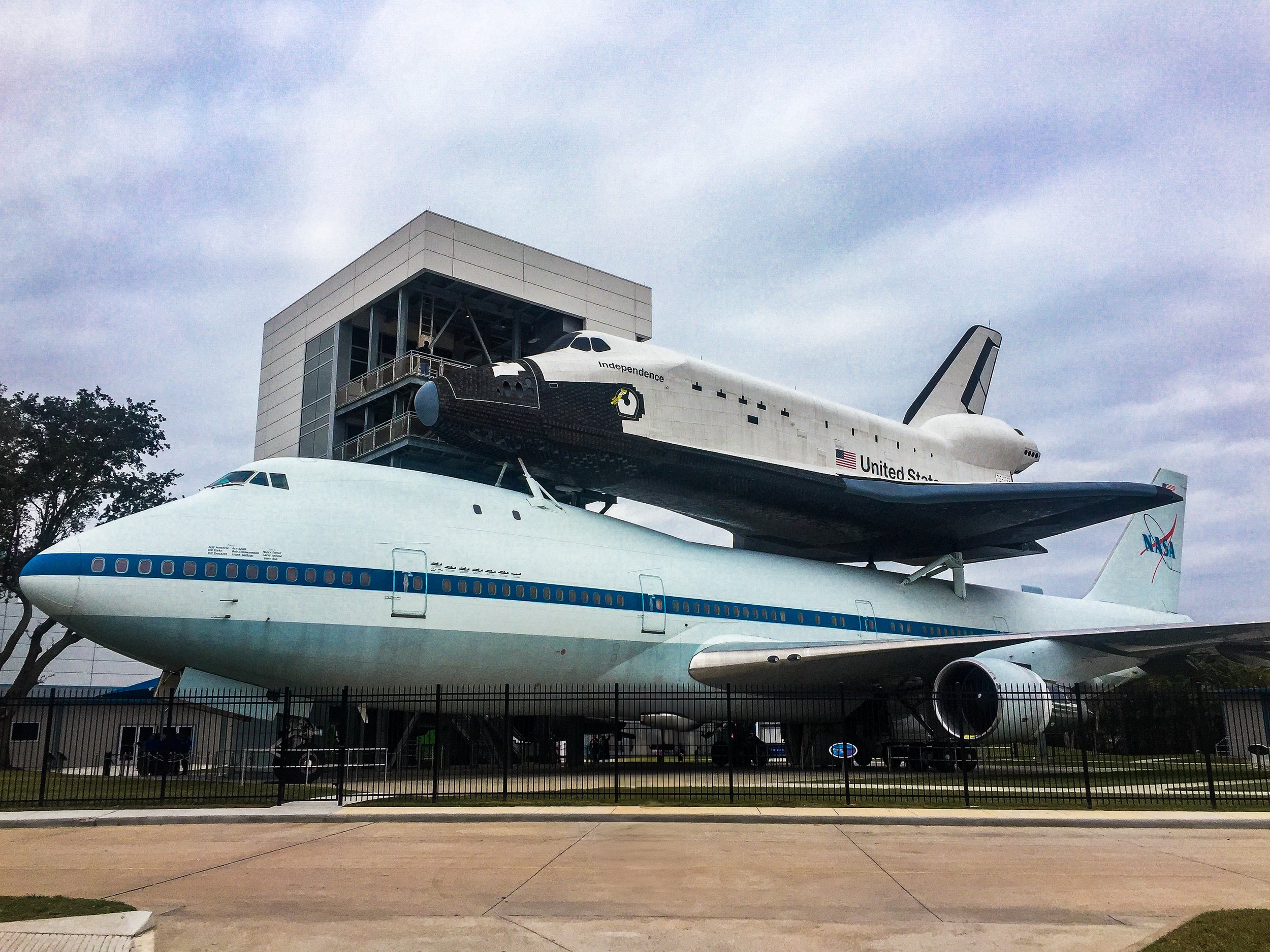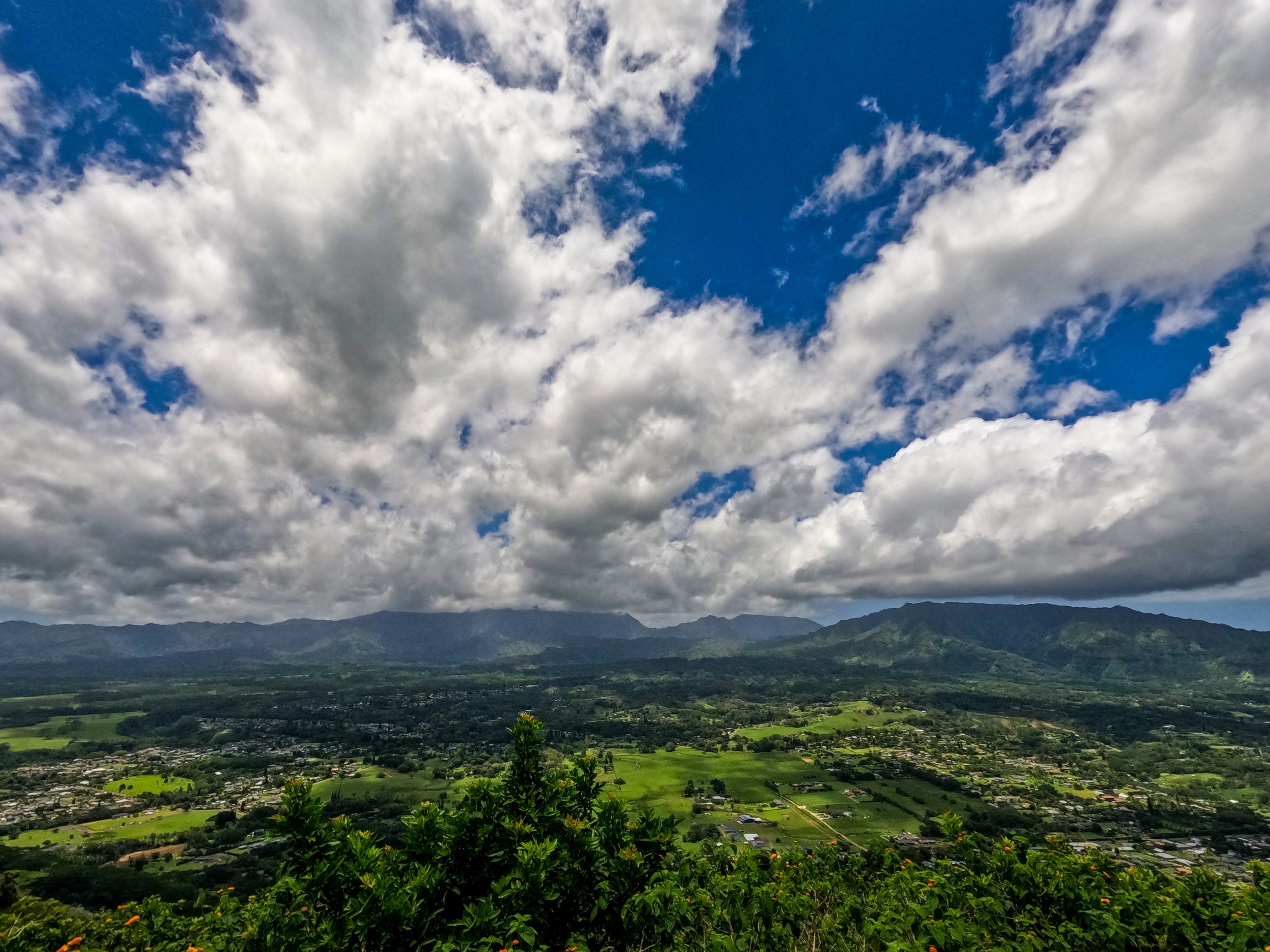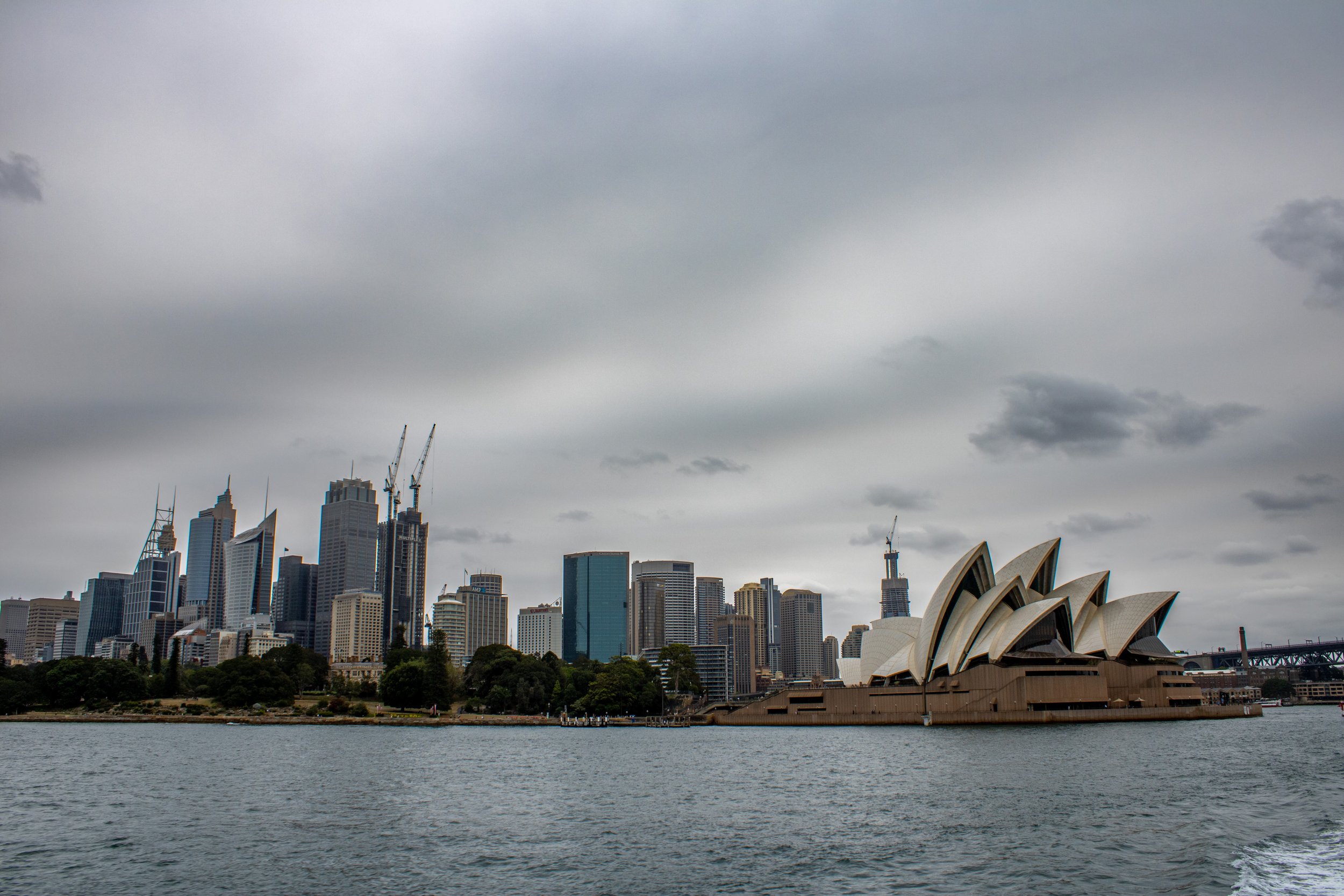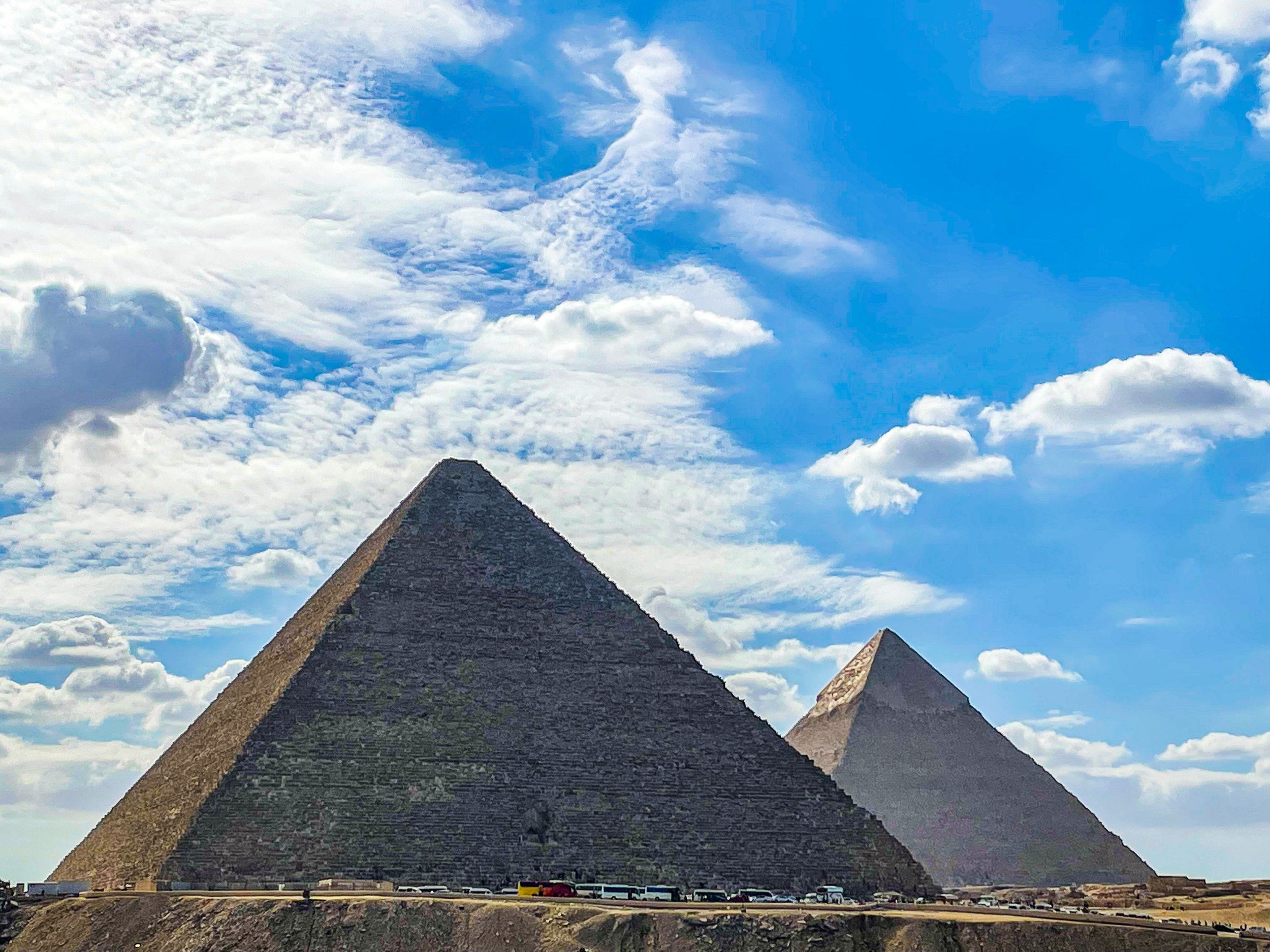Human Responsibility
Can’t we just abandon all responsibility?
A few weeks ago I wrote about Resolve, and its close synonym Resiliency. I was thinking about Responsibility today, wondering… why should anyone feel responsible? Why should we have any responsibility for anything? I kept thinking… why not embrace hedonism fully and live a fun adventurous life? Why not discard our burdens with wanton abandon?
Isn’t it nicer to live a lighter life? Why should we worry about climate change, about the destruction of natural habitats, the demise of innumerable species during our time here? Why care about the economy, who wins the upcoming presidential election, when we can live relatively good lives by focusing on ourselves?
I do not yet have children, but I imagine your sense of responsibility forever changes once you do, when you must care for and protect them. I think it changes you. You’re more inclined to think about the future, to care about the planet, when your children must inherit the Earth after you. A perspective centered around only yourself is fundamentally limited.
Norwegian countryside from the train - July 2023
I often think, “I’m one of eight billion people on this planet, out of even more billions to have ever lived… trillions of life forms have existed on this planet. Who am I to think I’m important?” And that’s only the ‘life scale.’ In terms of time, I inhabit this rock for one relative instance, one short human lifespan. I realize: this planet is on loan to me. I get to enjoy its splendor for my lifetime, but then have to let it go and share it with all who come after me. It’s not mine to ruin. I have a responsibility to ensure I’m not a selfish harbinger of destruction, but a responsible tenant.
Respect, Responsibility and Resolve are all connected to one another. In order to grasp a sense of responsibility you have to have respect; for others, for the planet, for the time we share together, for the one life we all get to live. Without respecting the sacredness of life, it’s impossible to have responsibility. Similarly, in order to maintain a sense of responsibility, you have to have resolve. You have to be resilient in the face of the inevitable adversity you’ll experience, to continue to push for what you believe in, what’s right, what’s just, for the betterment of humanity and for all the life on this planet. It requires resolve to keep going, to act on that sense of responsibility. The three R’s are inseparable.
We don’t need to feel responsible for the fate of humanity. But we should feel like responsible stewards of this planet. Our actions matter. We don’t have the Earth forever. When we die, we pass it on to our children and children’s children, in whatever state we leave it. A sense of responsibility encompasses doing one’s part, even if that’s just a little. We all contribute, and we’re all apart of this. Isn’t it only fair for us to contribute what we can while we enjoy this one wild life? Responsibility is part of being human, and I for one am glad for it.

















